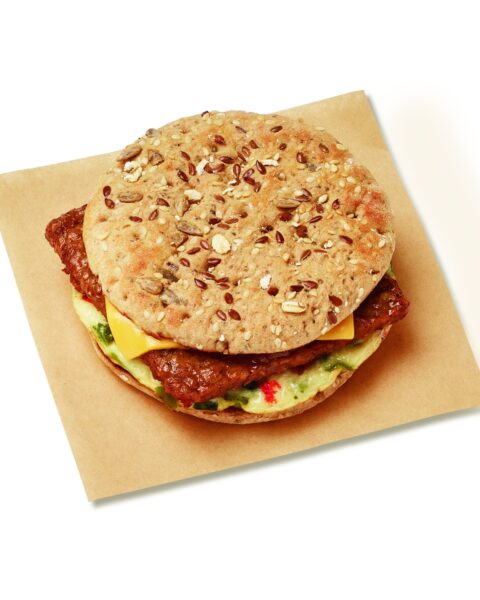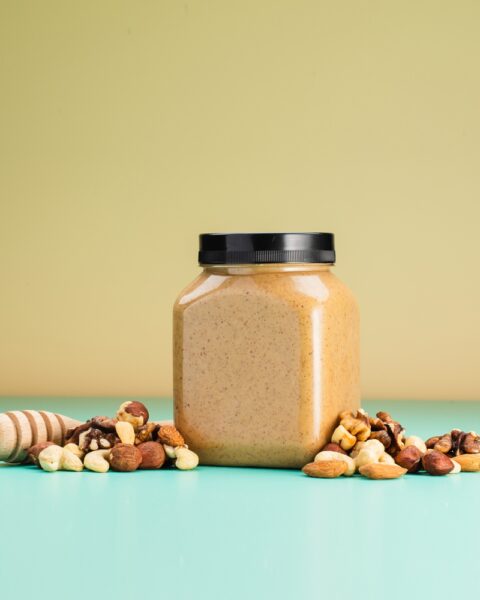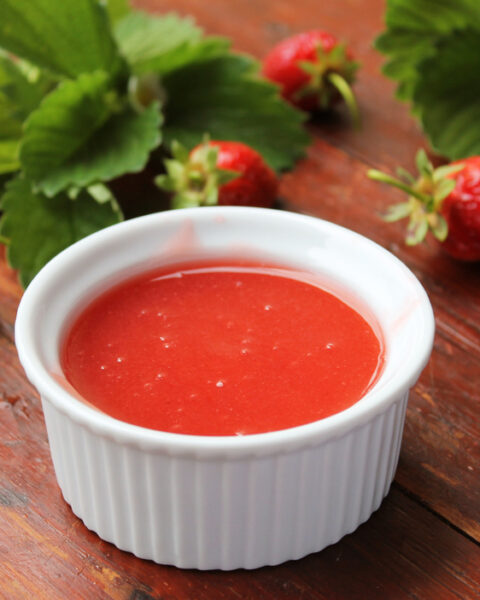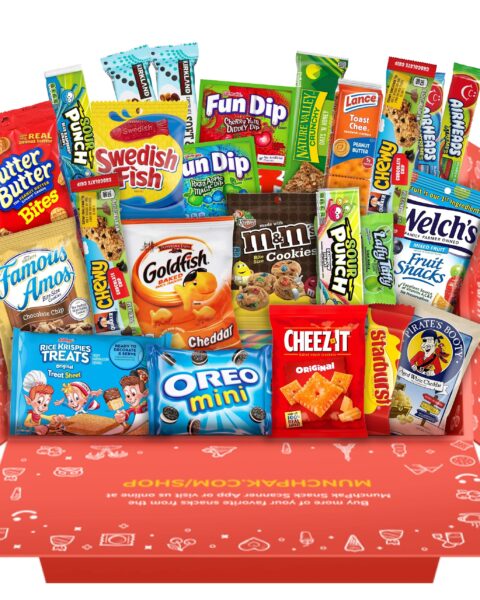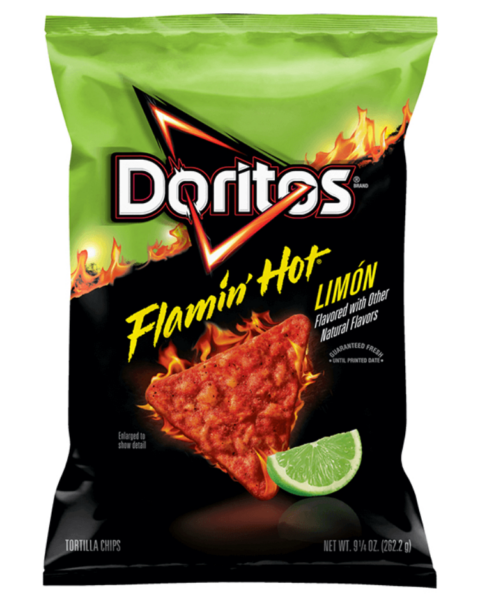Eating enough fiber is one of the easiest ways to keep your body running smoothly. It supports healthy digestion, keeps you feeling full longer, and even helps manage cholesterol and blood sugar levels. From fruits and vegetables to grains and seeds, there are so many tasty options that pack a fiber punch. With the right mix, you can enjoy meals that are both satisfying and nourishing, helping you stay on track with a balanced diet.
Contents
- 1 Avocados
- 2 Raspberries
- 3 Chia Seeds
- 4 Black Beans
- 5 Oats
- 6 Pears
- 7 Artichokes
- 8 Almonds
- 9 Chickpeas
- 10 Broccoli
- 11 Sweet Potatoes
- 12 Apples
- 13 Quinoa
- 14 Figs
- 15 Brussels Sprouts
- 16 Bananas
- 17 Carrots
- 18 Flaxseeds
- 19 More From RetailShout
- 20 25 Perfectly Baked Chicken Recipes for Any Meal
- 21 This Week’s 15 Must-Have Aldi Finds You’ll Want in Your Cart
Avocados
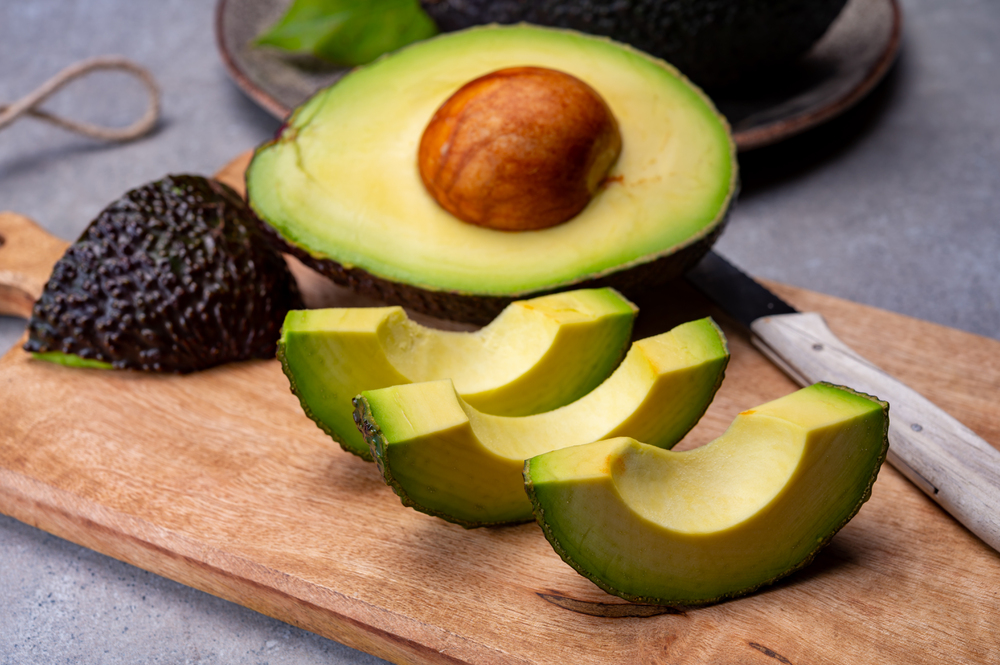
Avocados are not only rich in healthy fats but are also an excellent source of fiber. A medium-sized avocado contains about 10 grams of fiber, making it an ideal food for maintaining digestion and satiety. This fruit offers both soluble and insoluble fiber, which are beneficial for heart health and bowel regularity. Additionally, avocados provide key nutrients like potassium, vitamins C, E, and B6. Their creamy texture makes them versatile in recipes from salads to smoothies. With a high fiber-to-fat ratio, they help maintain a balanced diet.
Raspberries
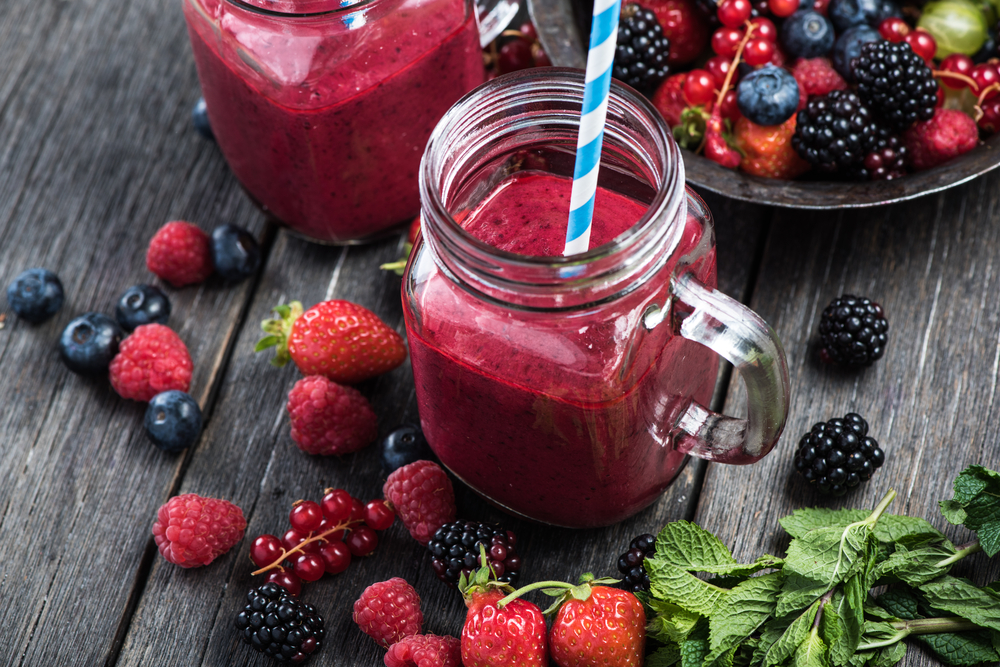
Raspberries are an excellent source of dietary fiber, with around 8 grams per cup. This high-fiber content supports digestive health by promoting regular bowel movements and preventing constipation. Raspberries are also rich in antioxidants like vitamin C, which helps protect cells from oxidative stress. Their combination of soluble and insoluble fiber helps reduce cholesterol levels and control blood sugar. Besides their fiber benefits, they are low in calories, making them a guilt-free addition to any diet. Adding them to yogurt or oatmeal enhances both flavor and nutritional value.
Chia Seeds
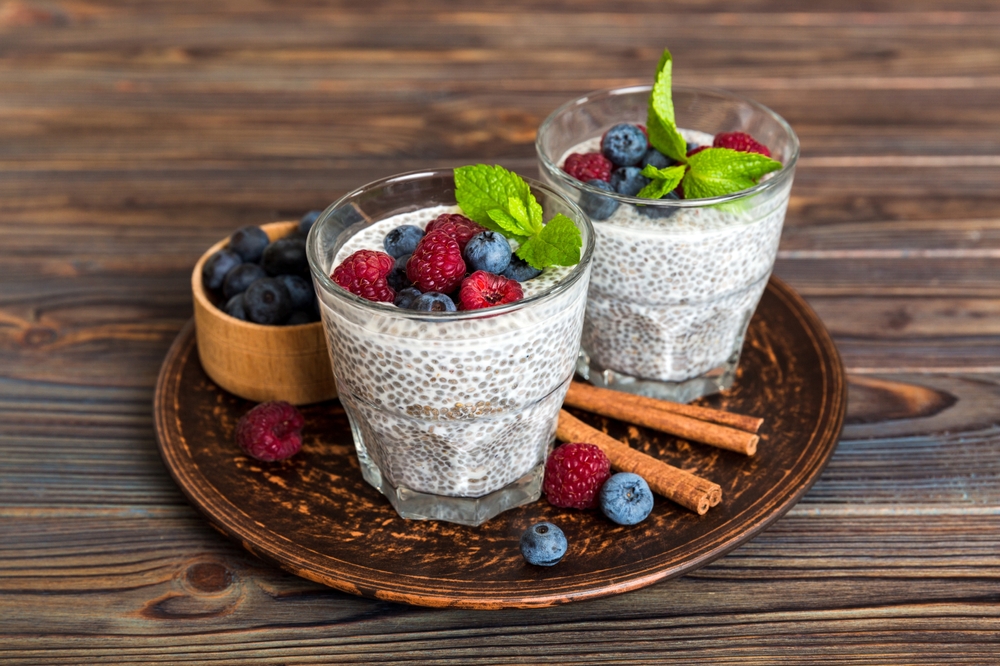
Chia seeds are one of the most fiber-dense foods, containing about 10 grams of fiber per ounce. These tiny seeds are rich in both soluble and insoluble fiber, which helps in maintaining digestive health and promoting a feeling of fullness. Chia seeds can absorb up to 12 times their weight in water, making them a great addition to smoothies, puddings, or yogurt. In addition to fiber, they are packed with omega-3 fatty acids, which support heart health. Their antioxidant content also helps fight inflammation and oxidative stress in the body.
Black Beans
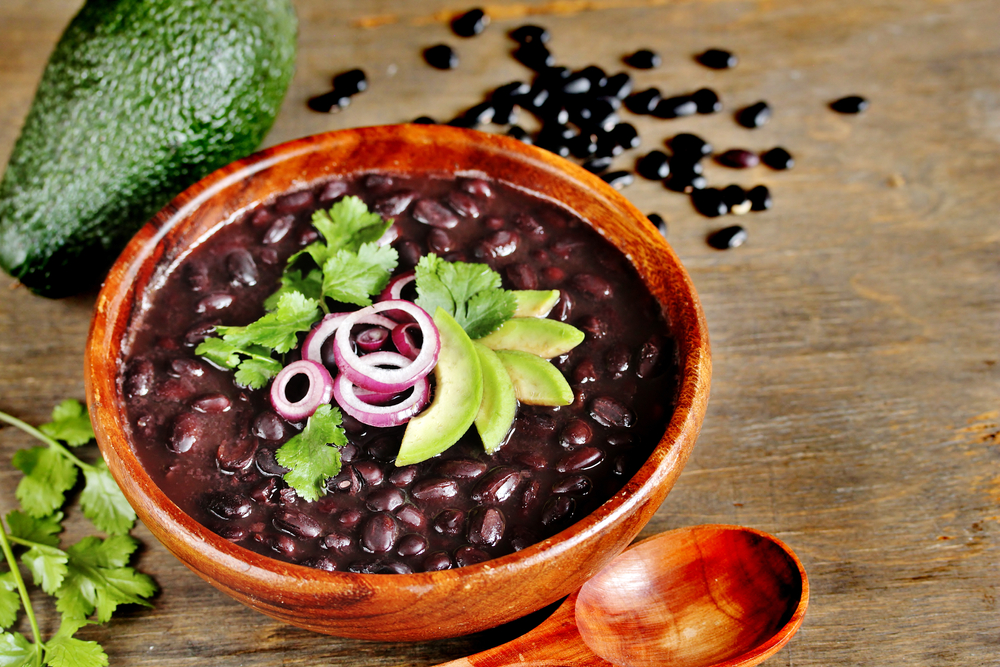
Black beans are a staple in many diets and for good reason, as one cup contains around 15 grams of fiber. The high fiber content, especially soluble fiber, helps to lower cholesterol and maintain healthy blood sugar levels. Black beans are also rich in protein, iron, and folate, making them an excellent plant-based option for overall health. Their fiber content supports digestive health by feeding beneficial gut bacteria. Whether in soups, salads, or burritos, black beans are a versatile way to increase fiber intake.
Oats
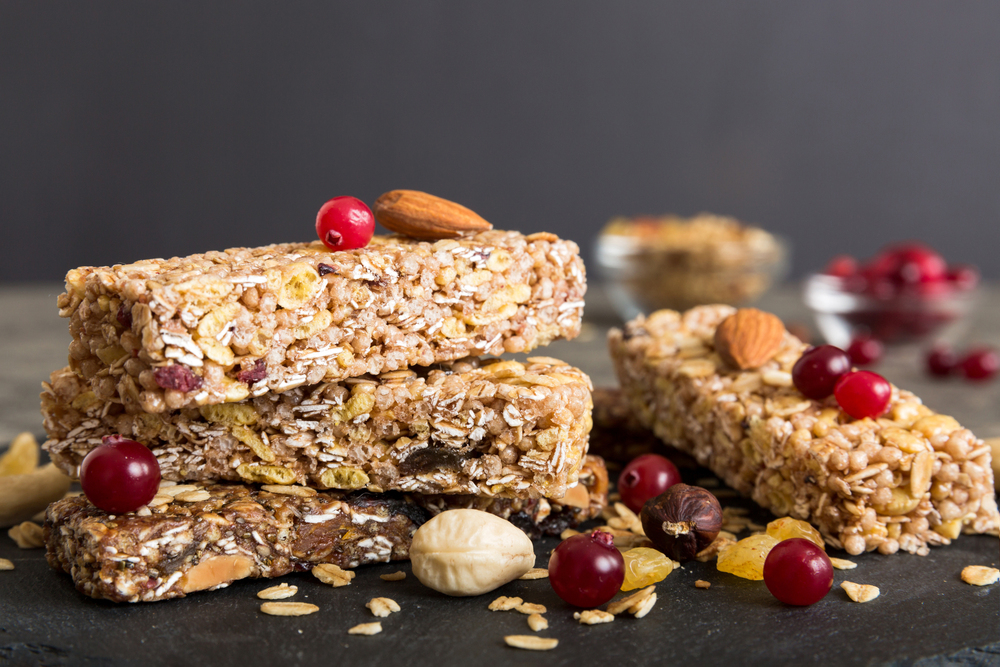
Oats are a classic fiber-rich food, particularly high in beta-glucan, a type of soluble fiber that has been shown to lower cholesterol levels. One cup of cooked oats contains about 4 grams of fiber. Oats provide slow-releasing energy, which helps regulate blood sugar levels and keeps you feeling fuller for longer. They are also a source of important vitamins and minerals such as manganese, phosphorus, and magnesium. Incorporating oats into breakfast or using them in baking makes it easy to add more fiber to your diet.
Pears
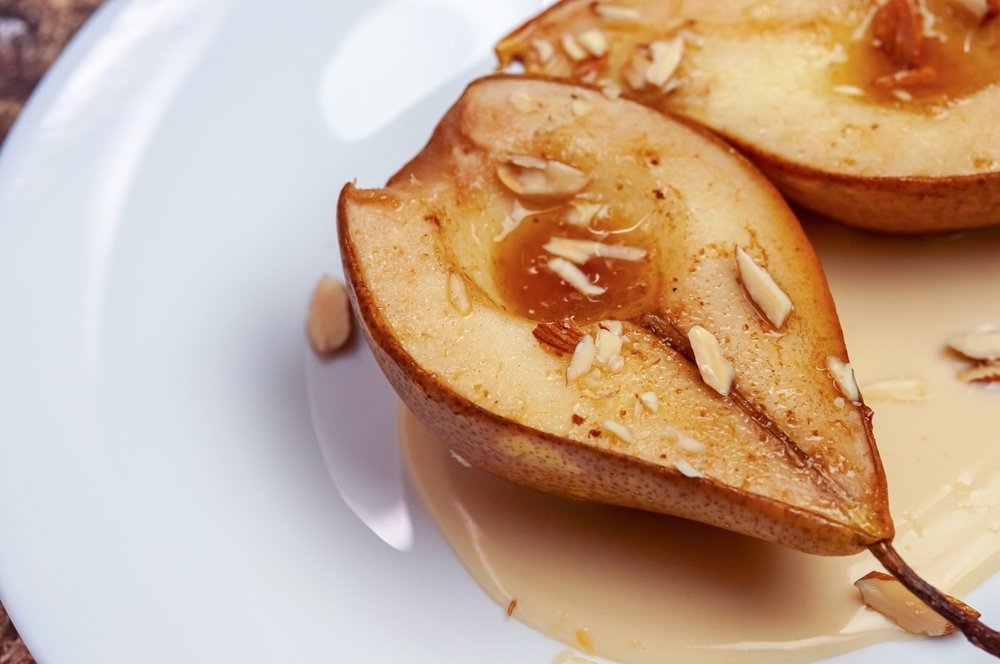
Pears are one of the highest-fiber fruits, with a medium-sized pear offering about 6 grams of fiber. This makes them ideal for promoting digestive health and regular bowel movements. Pears are particularly rich in soluble fiber, which helps regulate cholesterol levels. Their high water content, combined with fiber, makes them a hydrating and filling snack. Additionally, pears contain vitamins C and K, which are essential for immune and bone health. Eating them with the skin on maximizes their fiber benefits.
Artichokes
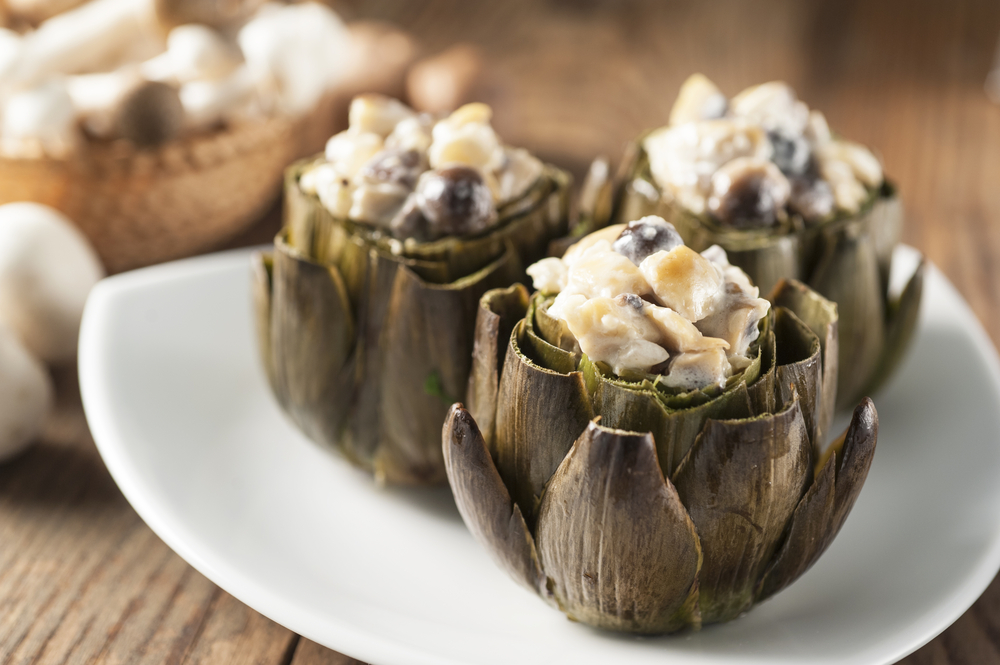
Artichokes are a fiber-rich vegetable, offering about 10 grams of fiber per cooked medium artichoke. They are particularly high in insoluble fiber, which promotes healthy digestion by adding bulk to stools. Artichokes are also a good source of antioxidants and important nutrients like vitamin C, magnesium, and potassium. Their fiber content supports gut health by feeding beneficial bacteria in the colon. Whether steamed, roasted, or added to salads, artichokes provide both fiber and essential nutrients.
Almonds
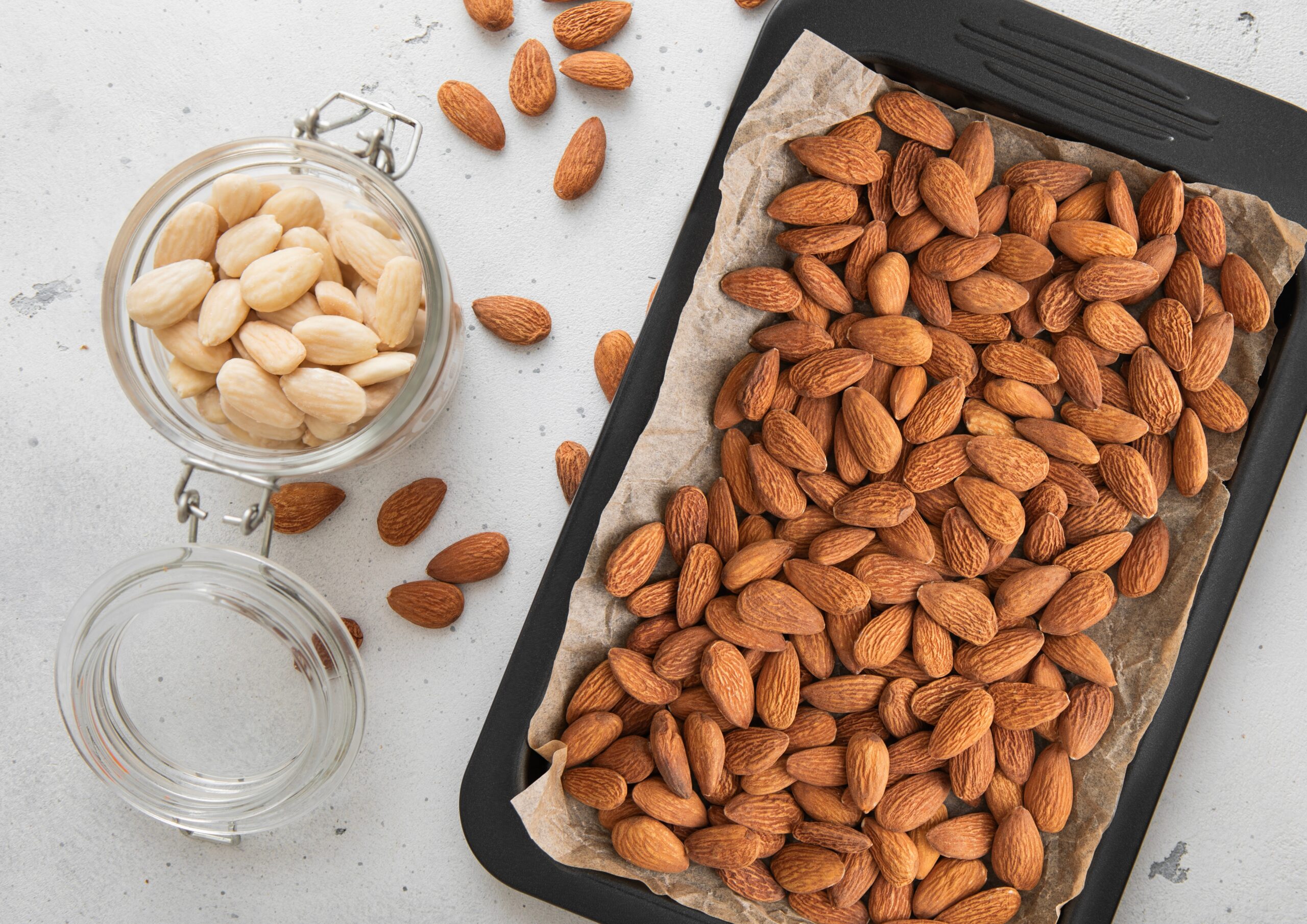
Almonds are a great source of fiber, with around 4 grams per ounce. In addition to their fiber content, almonds are packed with heart-healthy fats, protein, and essential nutrients like vitamin E, magnesium, and calcium. The fiber in almonds, particularly the soluble type, helps in reducing cholesterol levels and improving gut health. Almonds also provide sustained energy due to their balanced macronutrient profile. Snacking on a handful of almonds or adding them to salads can help meet your daily fiber needs.
Chickpeas
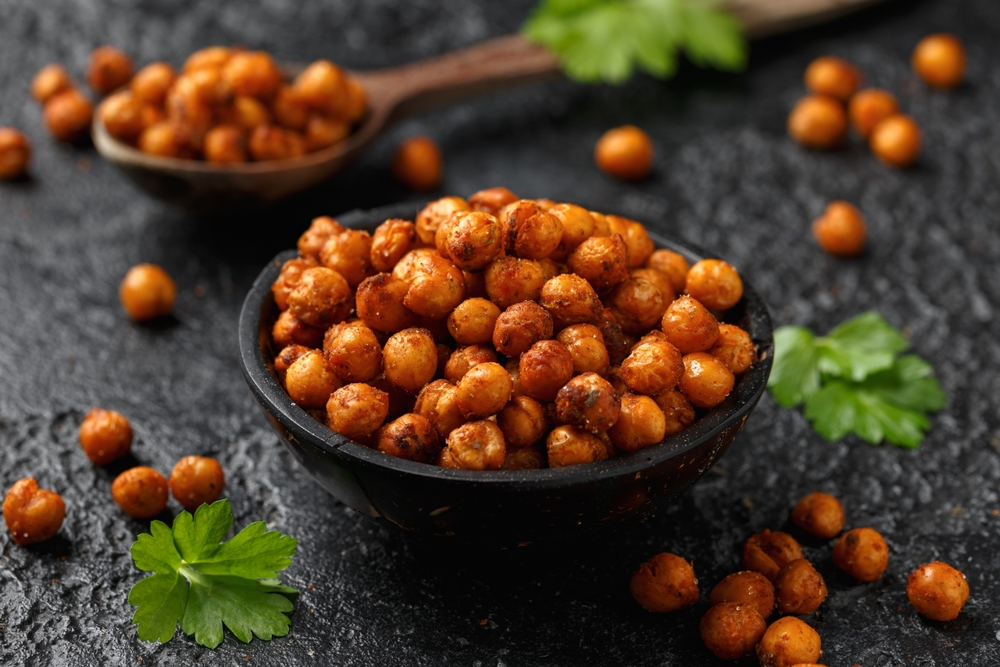
Chickpeas, also known as garbanzo beans, are high in both fiber and protein, making them a nutritious and filling food. One cup of cooked chickpeas provides about 12 grams of fiber. The soluble fiber in chickpeas helps regulate blood sugar and cholesterol, while the insoluble fiber supports digestive health. Chickpeas are also rich in important nutrients like iron, manganese, and folate. They can be used in a variety of dishes, from salads to stews and even as the base for hummus.
Broccoli
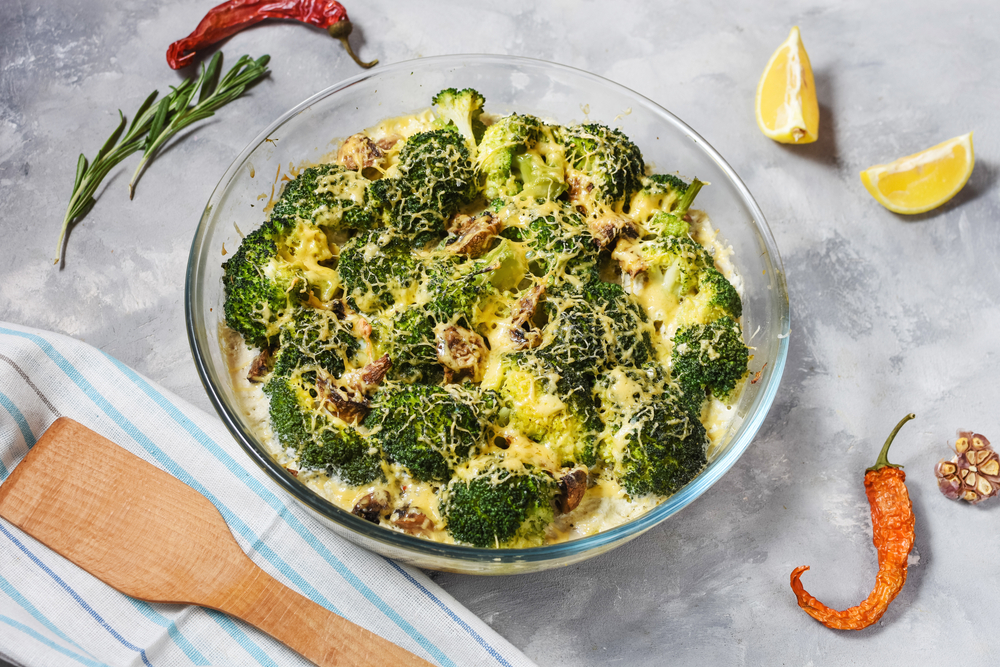
Broccoli is a fiber-rich vegetable, with about 5 grams of fiber per cup when cooked. It contains a mix of soluble and insoluble fiber, which aids digestion and promotes gut health. Broccoli is also packed with vitamins C, K, and A, as well as antioxidants that help protect against inflammation. The fiber in broccoli supports heart health by reducing cholesterol levels and aiding in weight management. Steaming or roasting broccoli makes it an easy and nutritious side dish.
Sweet Potatoes
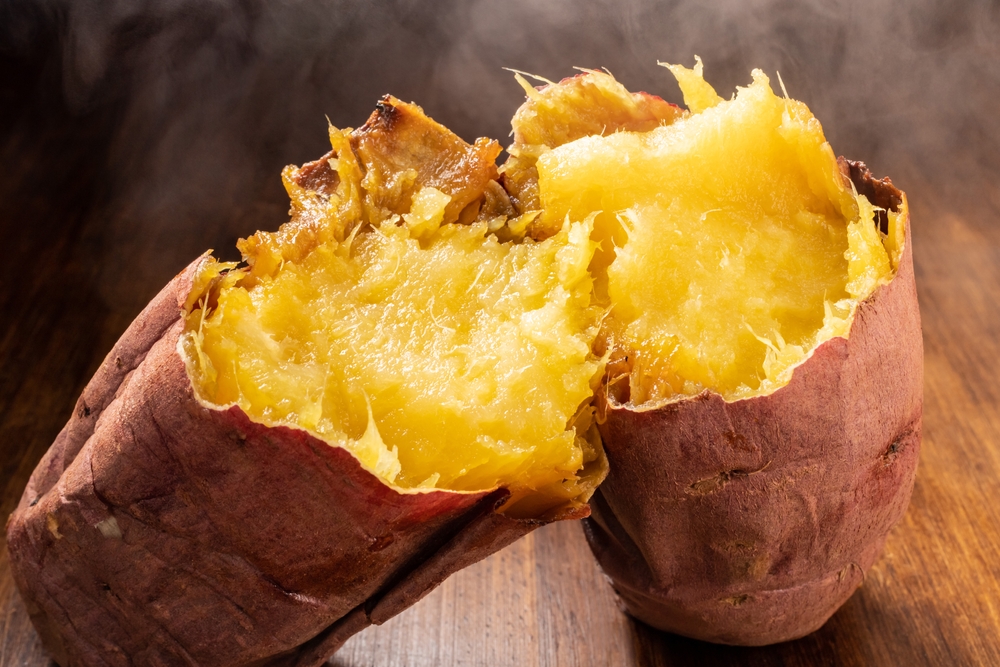
Sweet potatoes are a high-fiber, nutrient-dense food, offering about 4 grams of fiber per medium-sized potato. They are rich in both soluble and insoluble fiber, which helps regulate digestion and promote satiety. Sweet potatoes are also a great source of beta-carotene, an antioxidant that supports eye health. Their high fiber content, combined with complex carbohydrates, provides sustained energy without spiking blood sugar levels. Whether roasted, mashed, or baked, sweet potatoes are a versatile and delicious way to add fiber to your diet.
Apples
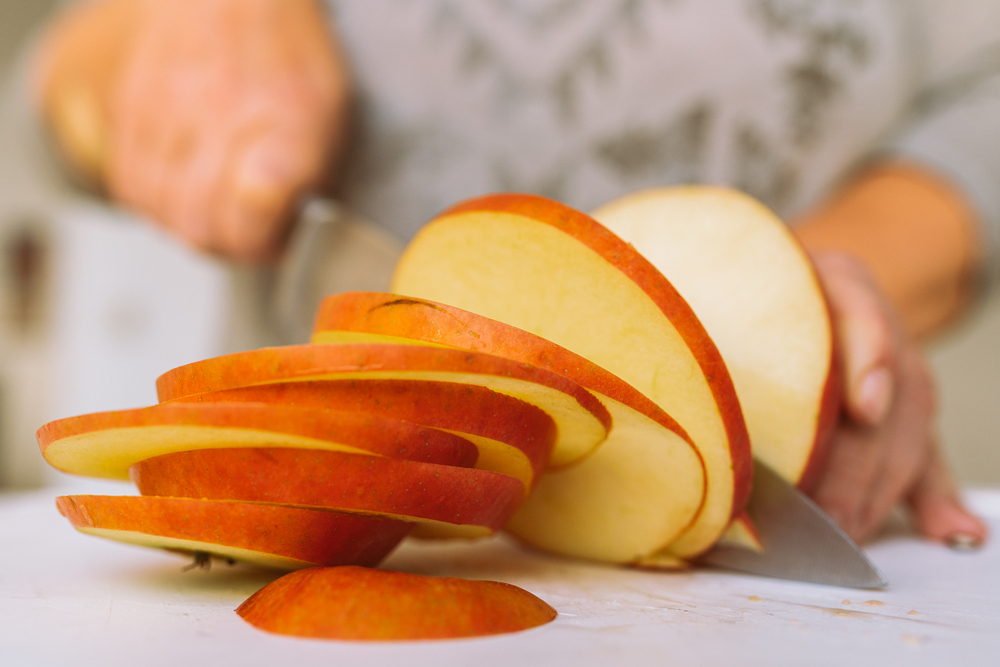
Apples are a popular and fiber-rich fruit, with a medium-sized apple containing about 4 grams of fiber. They are especially high in pectin, a type of soluble fiber that helps lower cholesterol and improve gut health. Apples also contain vitamins C and K, making them a healthy snack option. Their fiber content helps regulate blood sugar levels and promotes a feeling of fullness. Eating apples with the skin on provides the maximum fiber benefit, and they can be enjoyed raw or cooked in various dishes.
Quinoa
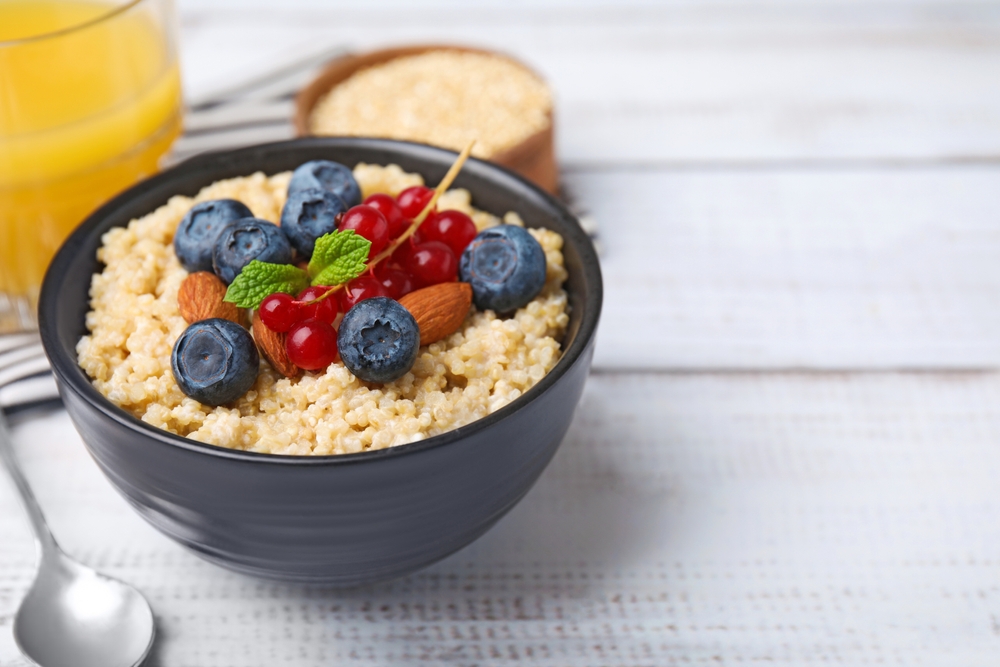
Quinoa is a gluten-free grain that is high in both fiber and protein, making it a great addition to a balanced diet. One cup of cooked quinoa contains about 5 grams of fiber. Its fiber content helps support digestive health and promotes satiety, making it useful for weight management. Quinoa is also rich in essential nutrients like magnesium, iron, and manganese, which are important for energy production and overall health. It can be used as a base for salads, stir-fries, or served as a side dish.
Figs
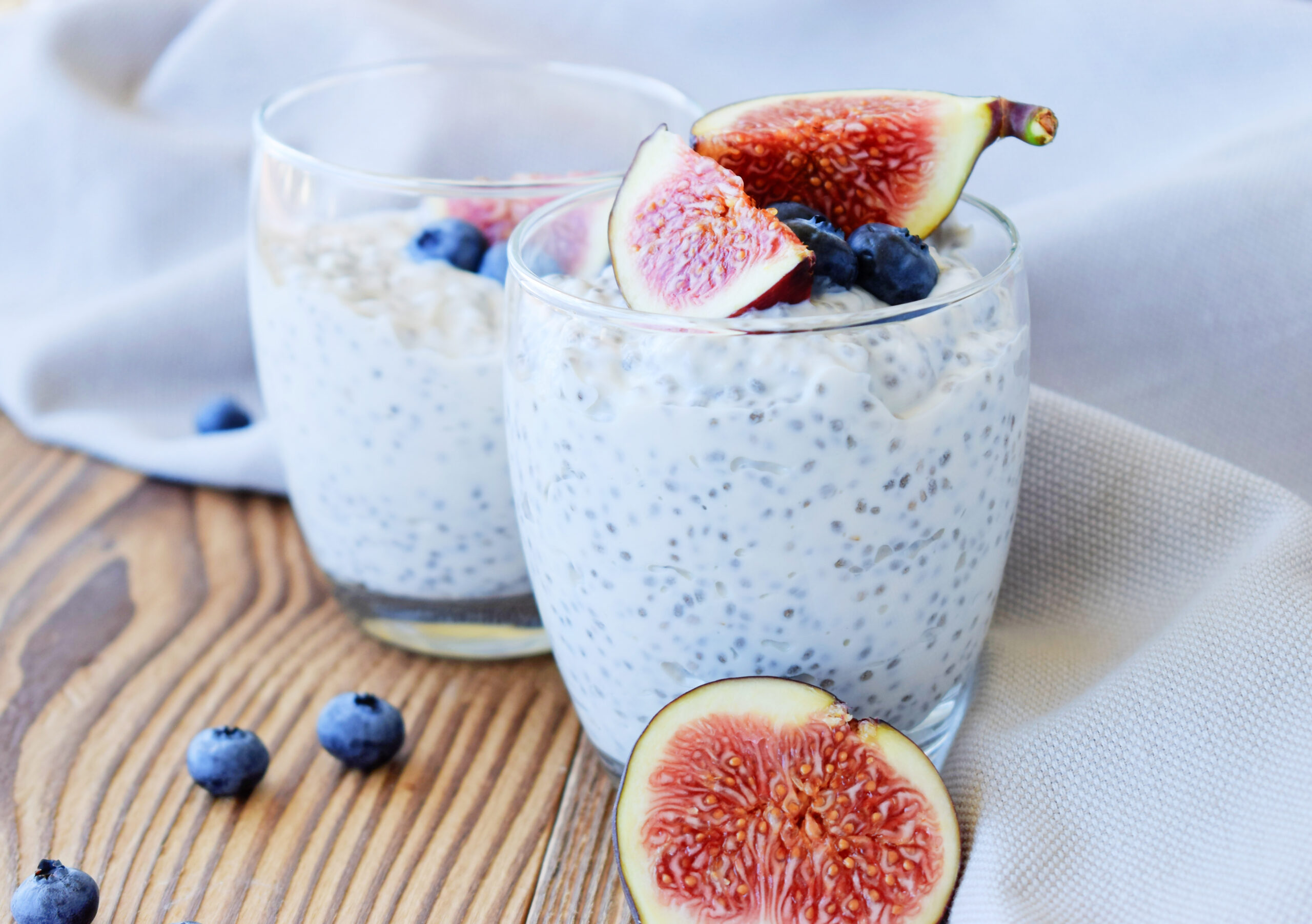
Figs are a naturally sweet and fiber-rich fruit, with about 7 grams of fiber per serving of dried figs. They contain both soluble and insoluble fiber, which helps regulate digestion and promote heart health. Figs are also a good source of antioxidants and important nutrients like calcium and potassium. Their high fiber content helps reduce the risk of constipation and supports a healthy gut. Figs can be eaten on their own, added to salads, or used in baking for a fiber boost.
Brussels Sprouts
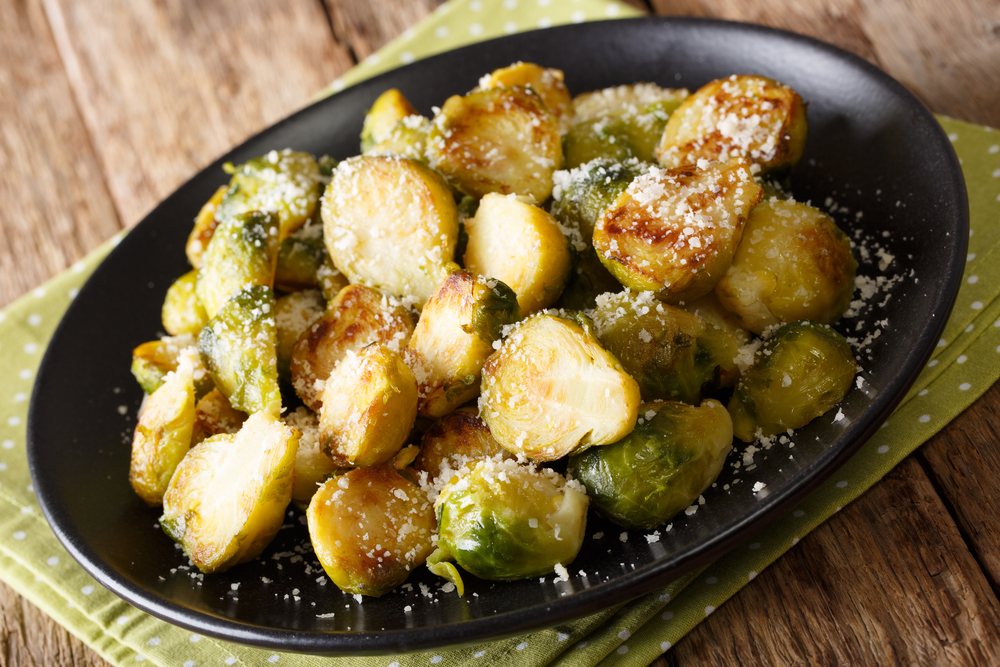
Brussels sprouts are a cruciferous vegetable high in both fiber and antioxidants. One cup of cooked Brussels sprouts contains about 4 grams of fiber. They are particularly rich in soluble fiber, which helps reduce cholesterol levels and promote digestive health. Brussels sprouts also provide important vitamins and minerals, including vitamins C and K, and folate. Their fiber content helps regulate blood sugar levels and supports weight management. Roasting or steaming Brussels sprouts makes them a delicious and healthy side dish.
Bananas
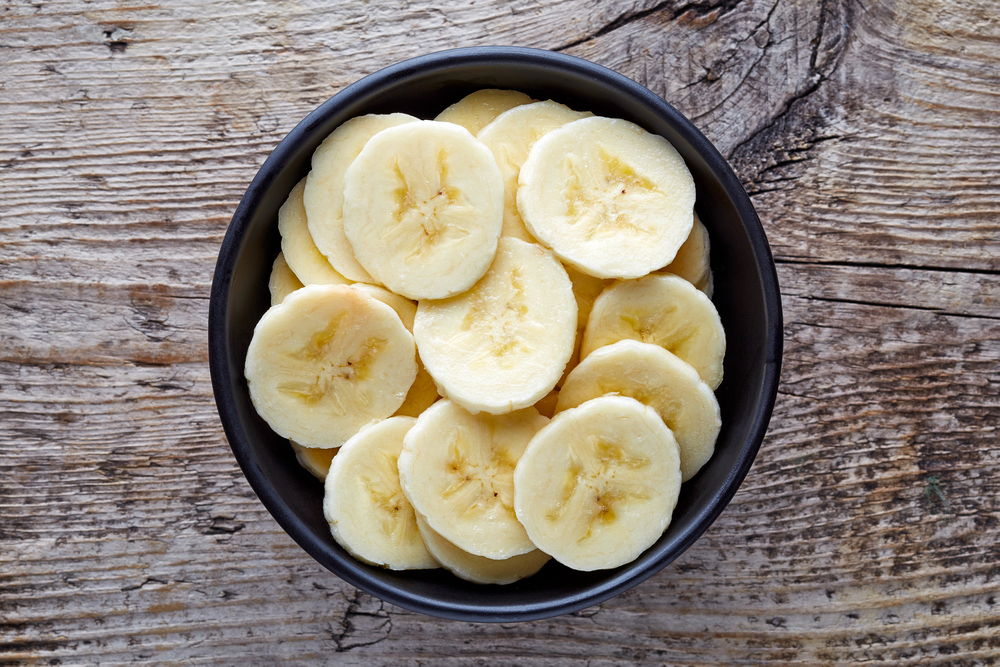
Bananas are a good source of dietary fiber, with a medium-sized banana providing about 3 grams. They contain both soluble and insoluble fiber, which helps regulate digestion and prevent constipation. Bananas are also rich in potassium, which supports heart health and maintains proper muscle function. Their natural sweetness and fiber content make them a satisfying snack that provides sustained energy. Bananas can be eaten on their own, added to smoothies, or used in baking.
Carrots
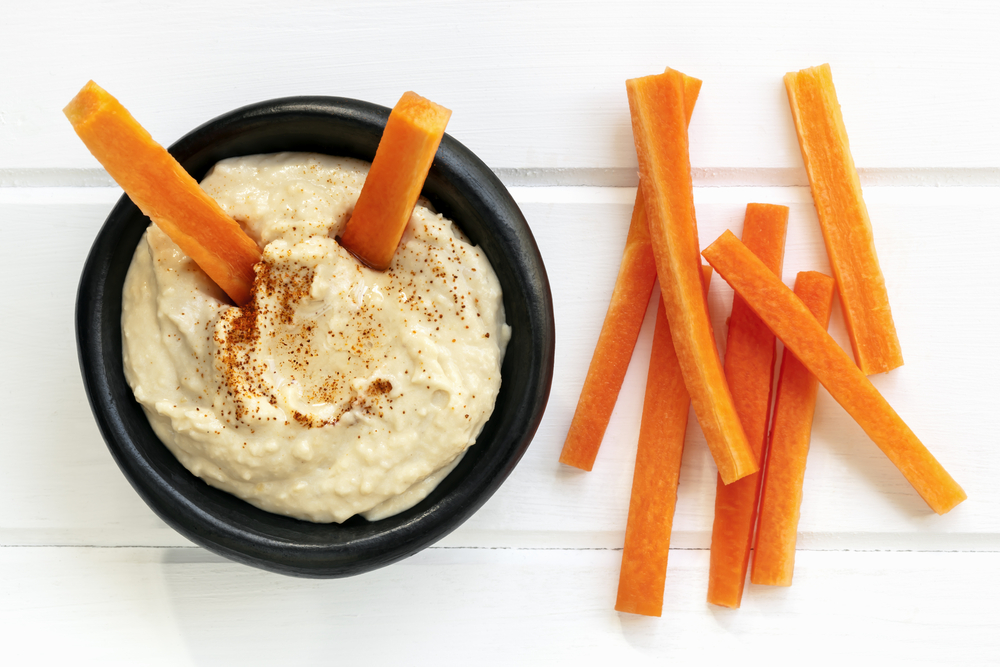
Carrots are a versatile and fiber-rich vegetable, offering about 4 grams of fiber per cup when cooked. They are particularly high in soluble fiber, which helps regulate cholesterol levels and supports heart health. Carrots are also rich in beta-carotene, which supports vision and immune function. Their fiber content promotes digestive health and helps maintain a feeling of fullness. Carrots can be enjoyed raw, roasted, or added to soups and stews.
Flaxseeds
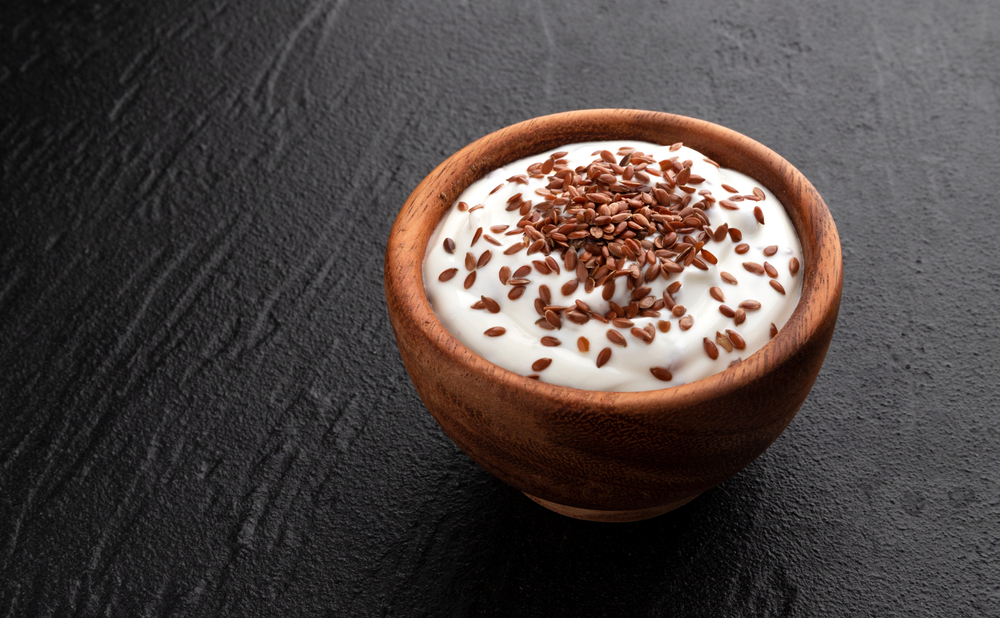
Flaxseeds are a small but mighty source of fiber, containing about 3 grams per tablespoon. They are rich in both soluble and insoluble fiber, which helps promote digestive health and regulate cholesterol levels. Flaxseeds are also packed with omega-3 fatty acids, which support heart health. Their fiber content helps maintain blood sugar levels and promotes satiety, making them a valuable addition to a balanced diet. Ground flaxseeds can be added to smoothies, yogurt, or baked goods for an easy fiber boost.
This article originally appeared on RetailShout.
More From RetailShout
14 Mouthwatering Barbecue Recipes for the Perfect Grill
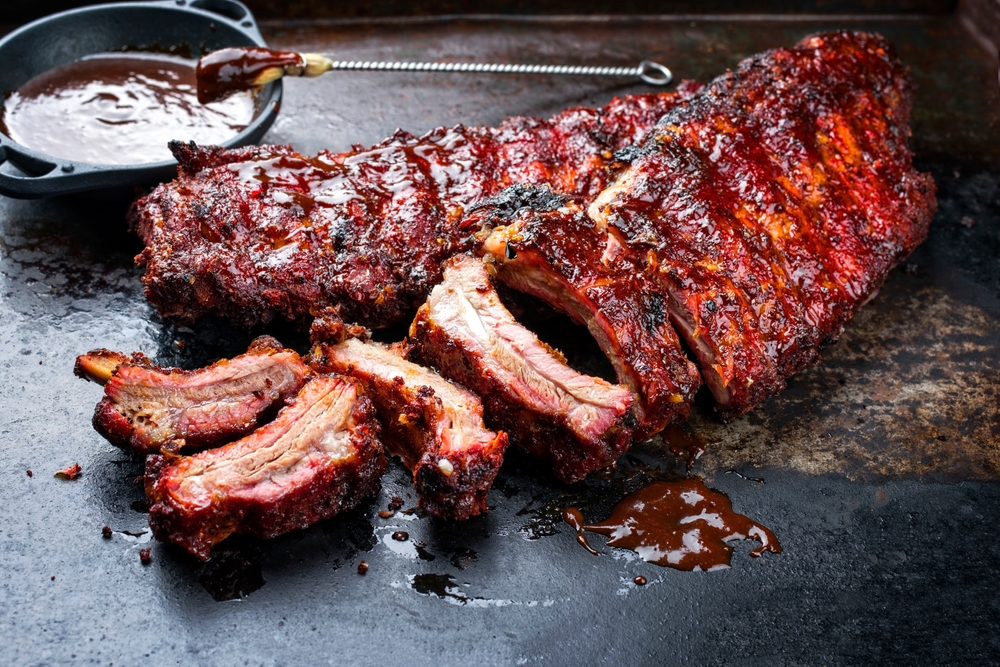
Want to up your barbecue game? These recipes will make you the star of any cookout. They’re simple, delicious, and will have you feeling like a true pitmaster in no time. Read More
25 Perfectly Baked Chicken Recipes for Any Meal
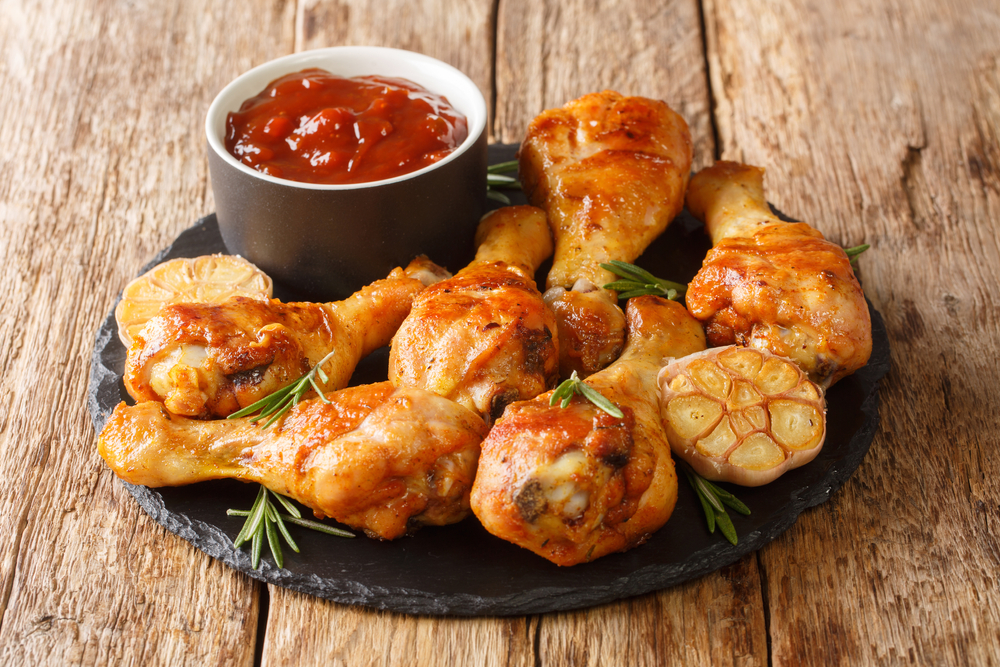
When it comes to cooking chicken, baking is one of the easiest and most foolproof methods that always delivers delicious results. These baked chicken recipes will help you mix things up in the kitchen and make meal planning a breeze. Read More.
This Week’s 15 Must-Have Aldi Finds You’ll Want in Your Cart

Looking for some amazing deals this week? Aldi has you covered with some fantastic finds that are perfect for sprucing up your home, kitchen, or even just stocking up on seasonal goodies. These are the must-haves that are worth adding to your cart before they’re gone! Read More.

